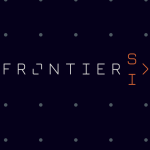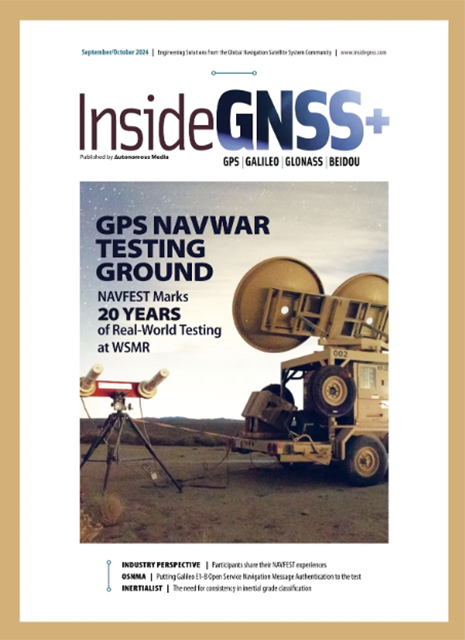By Xavier Orr, Advanced Navigation
The topic of signal spoofing is set to dominate discussions across the PNT and GNSS field.
This January, global aviation industry leaders will convene for a meeting hosted by The International Air Transport Association (IATA), bringing together aircraft manufacturers and regulators to address the escalating threat of GNSS spoofing—a concern deemed a “growing issue” by IATA’s SVP of Operations, Safety & Security, Nick Careen.
Since September of last year, a surge in spoofing incidents has been driven by electronic warfare in the combat zones surrounding Eastern Europe and the Middle East. Signal interferences for commercial airlines have quadrupled in the last two years, resulting in unplanned landings and elevated risk of an international crisis.
In spring, additional spotlight awaits the topic when the European Commission will launch two new Galileo navigation satellites aboard SpaceX rockets, with two more planned for summer or fall. The EU’s Galileo is poised to become the first GNSS constellation to upgrade its defense against spoofing by integrating an end-to-end system to verify signal authenticity.
Spoofing first gained major headlines in 2013 when University of Texas assistant professor Todd Humphreys and his students successfully spoofed an $80 million superyacht. The issue resurfaced in 2019 when an Israeli firm experimentally spoofed a Tesla Model 3.
The topic is now also treading more frequently into mainstream news reporting as ordinary citizens are experiencing rippling effects, such as when erroneous data was transmitted through Waze—a turn-by-turn GNSS navigation app—informing Israeli drivers they were approaching the Gaza strip amid the ongoing regional conflict.
However, this also signifies a turning point for other critical industries reliant on GNSS. What is being first experienced by the aviation sector and users of navigation applications will inevitably proliferate further outside of the battlefield.
With the increasing sophistication of electronic and cyber warfare, coupled with the dramatic reduction in the cost and complexity required to conduct spoofing, it is no longer a possibility but rather a certainty that critical industries will face disruption.
Given that numerous critical industries and modern infrastructure depend upon GNSS—everything from shipping ports to the financial sector and emergency response—it is our shared responsibility to expand dialogue beyond the current industry scope and offer viable solutions.
Thankfully, technology to combat this evolving threat is available. Critical industries can be equipped with the necessary means of protection to fortify against spoofing. There are several layers of protection that can be put in place to address this threat.
At a minimum, industries should look to integrate a multi-GNSS approach, coupled with advanced receiver autonomous integrity monitoring (RAIM) and fault detection and exclusion (FDE) techniques to enhance positioning integrity.
Moreover, the incorporation of newer Inertial Navigation Systems (INS) featuring advanced integrity monitoring for spoofing detection and mitigation is crucial. In particular, INS using artificial neural networks (ANN) provide significant improvements to spoofing detection and Assured PNT (A-PNT) backup compared to older systems that use traditional Kalman filtering.
It is imperative for the private sector to take the lead in minimizing the impact of GNSS spoofing by swiftly assessing and deploying systems that can keep pace with this growing concern.
Simultaneously, regulatory bodies must collaborate with the private sector to establish frameworks that facilitate rapid technological integration. Accelerating certification processes, without compromising safety standards, will ensure equipment remains at the forefront of defense against the ever-evolving threat landscape.
As we navigate the complexities of an interconnected world, where technology is both a boon and a potential liability, our collective vigilance and proactive measures will determine our ability to secure critical industries against the looming threat of spoofing.
Xavier Orr is the CEO and co-founder of Advanced Navigation, an AI-based robotics and navigation technology company. Orr earned his mechatronic engineering and computer science degrees from the University of Western Australia where he developed a neural network AI approach to inertial navigation.






